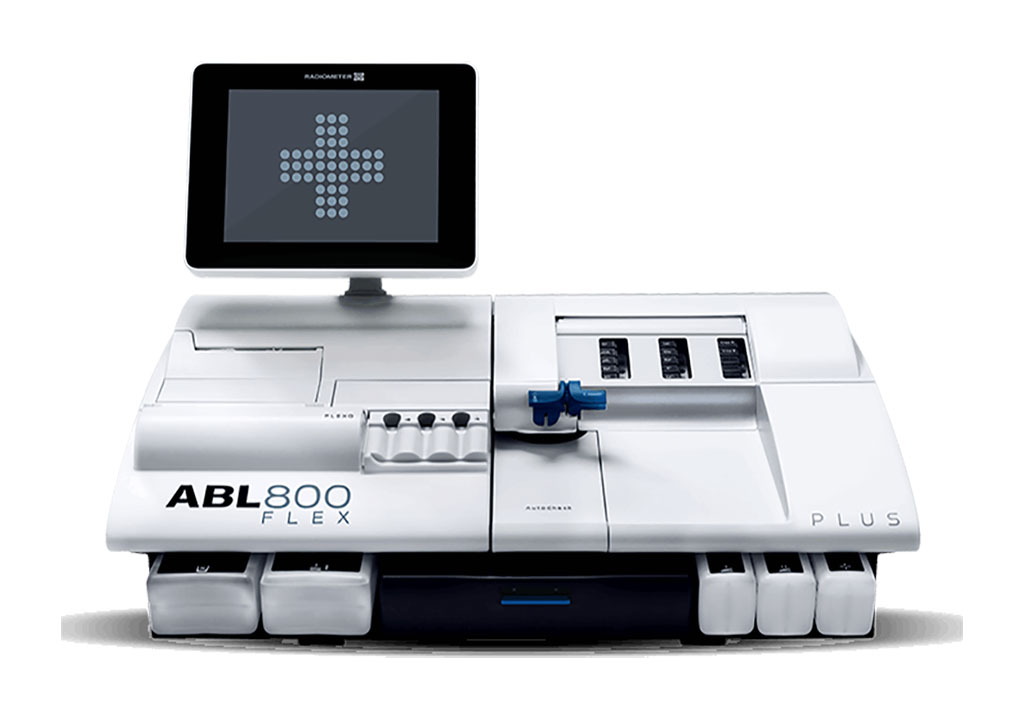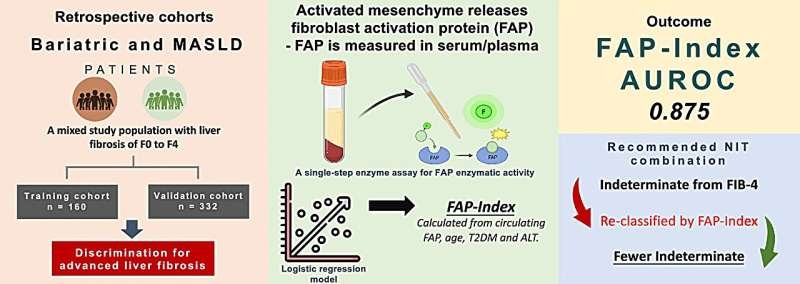Spot Urine Sample Evaluated for Renal Potassium Loss
By LabMedica International staff writers
Posted on 02 Dec 2020
Hypokalemia is characterized by low serum potassium concentrations. Severe hypokalemia can be life threatening, and immediate potassium replacement is often required to prevent sudden cardiac arrest.Posted on 02 Dec 2020
Initial identification of hypokalemia etiology is based on an estimate of urine potassium excretion during a 24-hr urine collection in the absence of potassium supplementation, but the utility of this approach in the emergency department is limited.

Image: The ABL800 FLEX blood gas analyzer measures a full panel of up to 18 STAT parameters on the same blood sample (Photo courtesy of Radiometer).
Endocrinologists at The Affiliated Hospital of Southwest Medical University (Luzhou, China) divided patients with hypokalemia were into two groups: 67 patients with hypokalemia caused by renal potassium loss and 63 patients with hypokalemia caused by extrarenal potassium loss. Arterial blood gases were measured with an ABL800 blood gas analyzer (Radiometer, Copenhagen, Denmark).
Urine potassium concentration (UK), urine creatinine concentration (UCr), urine potassium-creatinine ratio (UK/UCr), fractional excretion of potassium (FEK), transtubular potassium concentration gradient (TTKG), and 24-h urine potassium excretion (24 hUK-calculated) were derived from spot urine samples collected on admission, and were determined using automated methods on a 7170A automatic biochemistry analyzer (Hitachi Healthcare, Tokyo, Japan).
The scientists reported that patients with hypokalemia caused by renal potassium loss had significantly higher UK, UK/UCr, FEK, TTKG and 24 hUK-calculated compared to patients with hypokalemia caused by extrarenal potassium loss. FEK predicted renal potassium loss in hypokalemia with high accuracy at a cut-off of 9.29% (sensitivity, 80.6%; specificity, 85.7%). Patients with primary aldosteronism had significantly higher UK and TTKG compared to patients without primary aldosteronism. There were no significant differences in UK/UCr, FEK or 24 hUK-calculated between patients with primary aldosteronism and not primary aldosteronism. On the spot urine test, FEK showed the highest correlation with 24 hUK-actual during low or high dose potassium chloride infusion.
The authors concluded that prompt treatment with potassium chloride is required for patients with hypokalemia; 24 hUK-actual is not a suitable marker for predicting renal potassium loss in medical practice. Findings from this study suggest that a spot urine sample collected before potassium chloride therapy has utility for differentiating between renal and extrarenal potassium loss in hypokalemia. FEK from a spot urine sample represents a convenient and reliable parameter to predict renal potassium loss in patients with hypokalemia. The study will be published in the December, 2020 issue of the journal Clinica Chimica Acta.
Related Links:
The Affiliated Hospital of Southwest Medical University
Radiometer
Hitachi Healthcare













